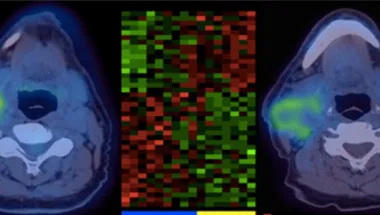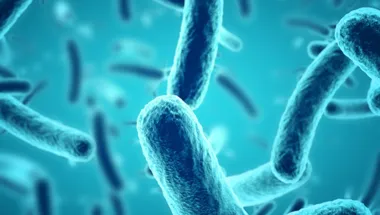
Professor Gordon Proctor
Emeritus Professor of Salivary Biology
Research interests
- Host-Microbiome Interactions
Biography
Gordon Proctor was appointed as a Professor of Salivary Biology in 2006, having been a Reader in Secretory Biology, University of London from 1998 to 2005. He received his PhD in Biomedical Sciences from the University of Sheffield in 1984. He has now retired but retains close links with King's College London as an Emeritus Professor.
Gordon has published extensively on the role of autonomic nerves in controlling salivary gland function in health and in disease. Studies of the composition and functions of saliva have examined protection of oral surfaces and the impact of altered saliva composition in oral disease, particularly chronically dry mouth and tooth demineralization. The presence of disease biomarkers in saliva and most recently the impact of the oral microbiota on health and disease has been a topic of Gordon’s recent collaborative research. A study of Noma, a rapidly progressing orofacial ulcerative disease of children in developing countries, is currently underway with researchers at the Noma Children’s Hospital in Sokoto, Nigeria.
Research

Ageing Research at King's (ARK)
Cross faculty consortium addressing ageing and healthy longevity.

Head & Neck Cancer
The head and neck cancer program at the King’s Health Partners / Integrated Cancer Centre (KHP/ICC) provides the framework for a group of basic scientists and clinicians with an interest in elucidating the biology of head and neck cancers.

Centre for Host-Microbiome Interactions
Millions of microorganisms live in and on our bodies forming microbiomes on different surfaces. Researchers in the Centre for Host Microbiome Interactions study our relationship with these bacteria and fungi in health or in oral and systemic diseases such as periodontitis, candidiasis, oral cancer and Alzheimer’s disease.

The Multiscale Biofilm Research Hub (MBRH)
The Multiscale Biofilm Research Hub (MBRH) has been established to promote interdisciplinary interactions and focus microbial biofilm related research at King’s.

Biofilms at mucosal surfaces
The study of dental caries, periodontitis, vaginal dysbiosis, chronic inflammatory diseases & infections within the oral cavity, intestinal tract & lungs
Project status: Ongoing
Research

Ageing Research at King's (ARK)
Cross faculty consortium addressing ageing and healthy longevity.

Head & Neck Cancer
The head and neck cancer program at the King’s Health Partners / Integrated Cancer Centre (KHP/ICC) provides the framework for a group of basic scientists and clinicians with an interest in elucidating the biology of head and neck cancers.

Centre for Host-Microbiome Interactions
Millions of microorganisms live in and on our bodies forming microbiomes on different surfaces. Researchers in the Centre for Host Microbiome Interactions study our relationship with these bacteria and fungi in health or in oral and systemic diseases such as periodontitis, candidiasis, oral cancer and Alzheimer’s disease.

The Multiscale Biofilm Research Hub (MBRH)
The Multiscale Biofilm Research Hub (MBRH) has been established to promote interdisciplinary interactions and focus microbial biofilm related research at King’s.

Biofilms at mucosal surfaces
The study of dental caries, periodontitis, vaginal dysbiosis, chronic inflammatory diseases & infections within the oral cavity, intestinal tract & lungs
Project status: Ongoing
